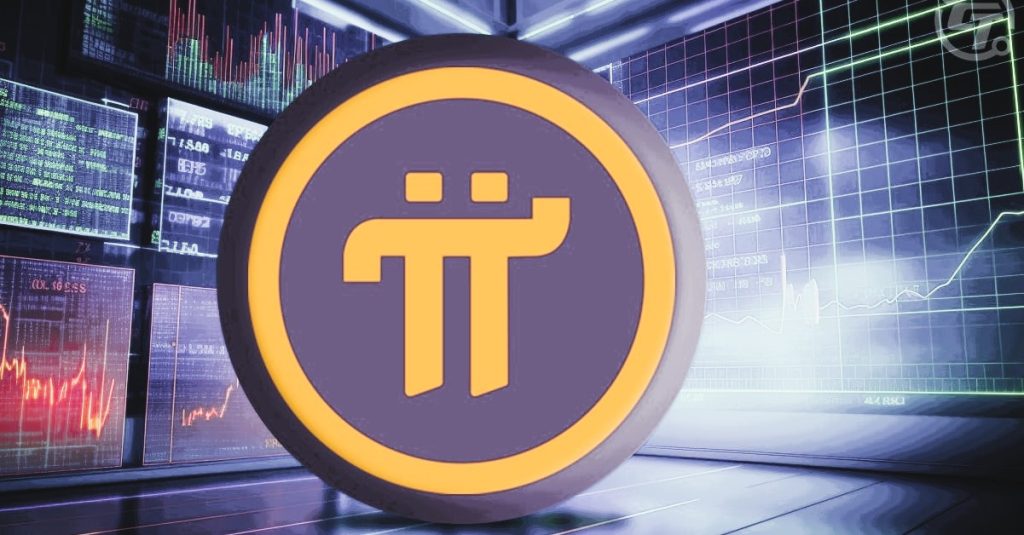Recent Raids on Bitcoin Mining in Venezuela: Authorities Seize Thousands of Mining Rigs

- Venezuelan authorities raided two Bitcoin mining farms, seizing approximately 6,288 rigs in Portuguesa and Cojedes states.
- Operations included police and military, dismantling infrastructure and seizing essential equipment like cooling fans and mining machines.
In Venezuela, authorities recently raided two Bitcoin mining farms located in the central states of Portuguesa and Cojedes, resulting in the seizure of approximately 6,288 mining rigs. These actions are part of an ongoing effort by the government to disconnect mining operations from the National Electrical System (SEN), citing a negative impact on electricity demand.
During one operation, authorities secured 5,995 machines in Portuguesa that were not in operation at the time of the raid. The operation was conducted with the support of police and military forces. In Cojedes, specifically at the Dimitras C.A. farm in the municipality of Tinaco, all infrastructure related to Bitcoin mining was dismantled.
Ascensión García Caballero, a regional manager for Corpoelec, detailed that in Cojedes, 293 mining machines, 22 cooling fans, and other essential mining operation equipment were confiscated. These actions are part of the “Special Load Inspection Plan” aimed at improving the electricity service in the country, which has been experiencing frequent interruptions and deficiencies for years.
The Ministry of Electric Energy, in collaboration with Corpoelec and the Public Ministry, has been active on social media, encouraging citizens to report illegal digital mining activities. These measures are presented as a solution to the energy challenges facing Venezuela, which currently has an energy deficit of approximately 3,000 megawatts, with only 10,000 MW available out of the 13,000 MW demanded by the population.
Despite the legalization of Bitcoin mining in Venezuela and the country being a pioneer in regulating this activity, the situation changed drastically in 2023. The intervention by Sunacrip and the arrest of Joselit Ramírez, the former superintendent, in a corruption scandal marked a shift in government policy towards the mining industry.
This shift has led to a de facto illegalization of the activity, affecting not only mining but also the sale of equipment and related technical services.
Recent government actions have heightened uncertainty in the mining industry, and although an improvement in the electrical service is promised by disconnecting mining farms, many citizens express skepticism on the Ministry of Electric Energy’s social media about the effectiveness of these measures.
These events underscore a prolonged period of uncertainty for Bitcoin mining in Venezuela.








